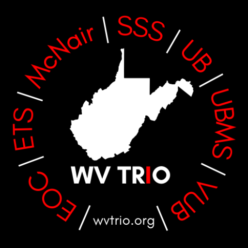
The Federal TRIO Programs are a set of federally funded outreach and student services initiatives designed to identify and support individuals from disadvantaged backgrounds in their pursuit of higher education. Established under the Higher Education Act of 1965, the programs originated as part of President Lyndon B. Johnson’s War on Poverty, with the creation of Upward Bound—the first of the TRIO initiatives. The name “TRIO” was coined in the late 1960s when the first three programs—Upward Bound, Talent Search, and Student Support Services—were formally grouped together under the Office of Education. These programs were created to address systemic barriers to college access and success faced by low-income, first-generation students, and individuals with disabilities.
Over the decades, TRIO expanded to include additional initiatives such as Educational Opportunity Centers, Ronald E. McNair Postbaccalaureate Achievement Program, and Upward Bound Math-Science, bringing the total to eight distinct programs today. Administered by the U.S. Department of Education, TRIO has served millions of students, helping them navigate academic, financial, and personal challenges to achieve their educational goals. The programs remain a cornerstone of federal efforts to promote equity in higher education, providing critical services like tutoring, mentoring, financial aid guidance, and career counseling. TRIO’s enduring legacy reflects its commitment to leveling the playing field and empowering underserved students to succeed in college and beyond.
